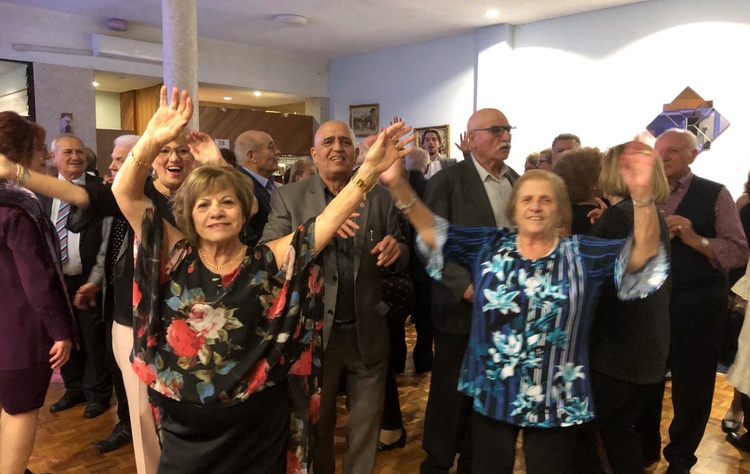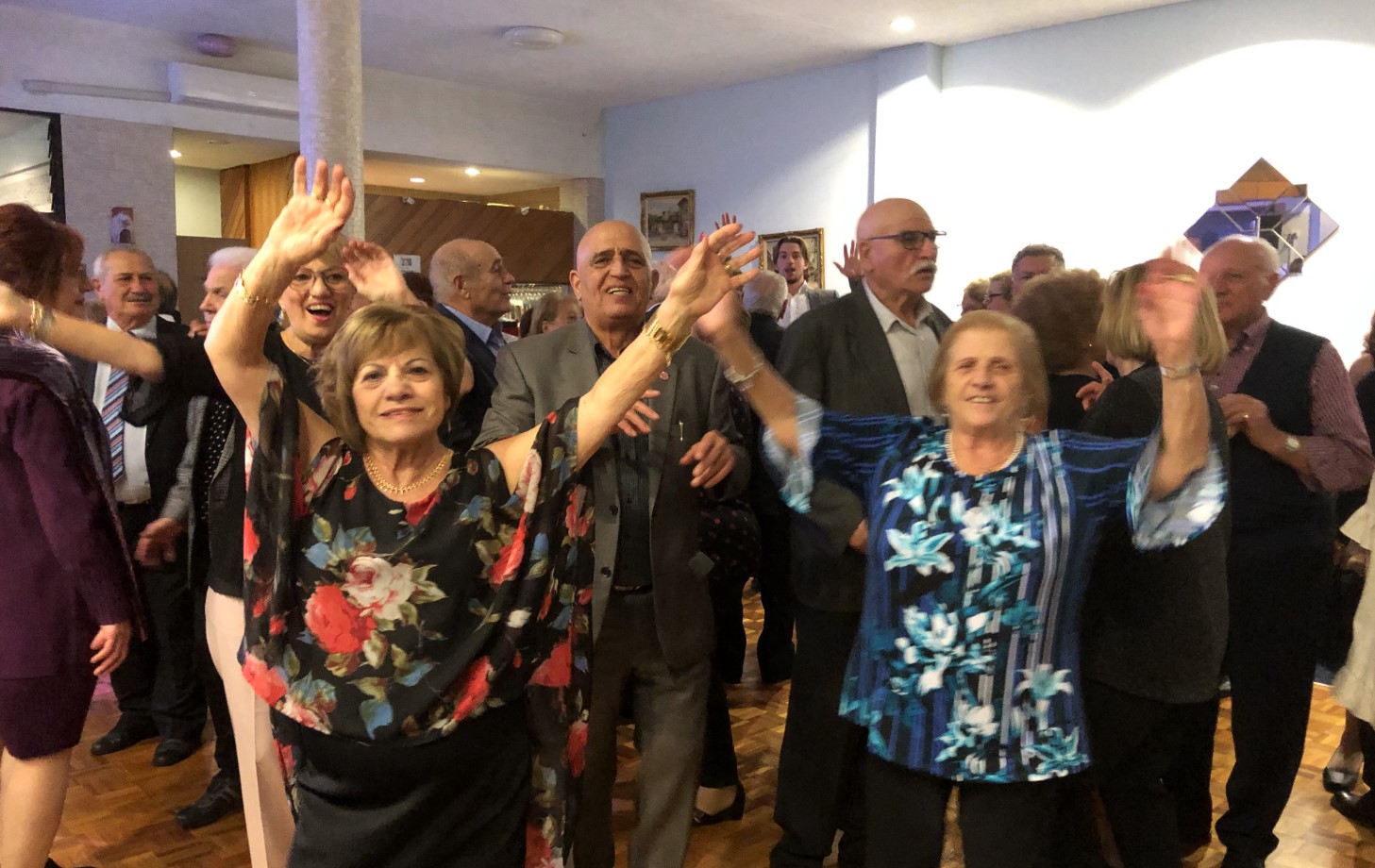Recently, 140 members gathered in the latest edition of the celebration organised by the enthusiastic board of the well-known and respected Ibleo association.
The celebration of the patron saint of Ragusa was held in the association’s elegant hall, located in the heart of Northcote.
The annual event is one of the most important in the club’s social calendar. It’s a highly anticipated evening for Ragusan families, as well as the non-Ragusan members who frequent the club.
The celebration usually takes place on the Saturday evening preceding June 24, the date of Saint John the Baptist’s birth.
“This is one of the traditions,” said President Salvatore Lo Grasso, “that we brought with us from Sicily and still hold dear.
“[Another] tradition that has always persisted in the context of this great celebration … is the typical dish after Mass, which must feature fresh, soft and tasty cavatieddi pasta with excellent ragù, generously sprinkled with Parmesan and abundantly accompanied by fine red wine.”
President Lo Grasso kicked off the evening by greeting and thanking those present for accepting the invitation in such large numbers. He also expressed special gratitude to the 12 members of the association’s board for their commitment and voluntary work.
The day before, the entire board had spent several hours in the kitchen preparing everything necessary to ensure the evening’s perfect success.
During the beautiful event, and with breaks to serve the multi-course dinner, musician Joe Ranellone’s performance allowed guests to enjoy the dancefloor with a carefree spirit.
Taking a moment to greet the tables of the few remaining original members from Ragusa, Lo Grasso was provided with plenty of food for thought.
“In recent decades, we’ve witnessed how our traditions and habits of the past are giving way to a society that is rapidly changing before our eyes,” Lo Grasso said.
“[Unfortunately], we are witnessing the … conclusion of many of our habits.
“Although [our traditions] are harmless, they are being pushed aside to make way for new generations who tell us that these things are strange in their eyes.
“[They don’t feel that these traditions can play a] part of their culture today.
“So … it seems clear that we must accept that we’re living the last pages of the story that we wrote here in Australia over the last 60 or 70 years.”
There was also a discussion about the possible origin of the Cavatieddi pasta for Saint John.
Lo Grasso believes it is likely due to the fact that, in late June during the wheat harvest, there was a great need for extra hands in the fields to harvest the ripe wheat spikes.
As a result, the participation of entire families in the countryside cottages was extremely important in creating a meal that was very practical and a simple.
The dish was consumed all together around a large maidda, a long table with upturned edges that was used for working the dough and then reused to serve the cavatieddi.
According to those there, the atmosphere of the celebration could not have been more joyful. The music was greatly appreciated by guests who exchanged affection, laughs and the contagious fervour for life.












